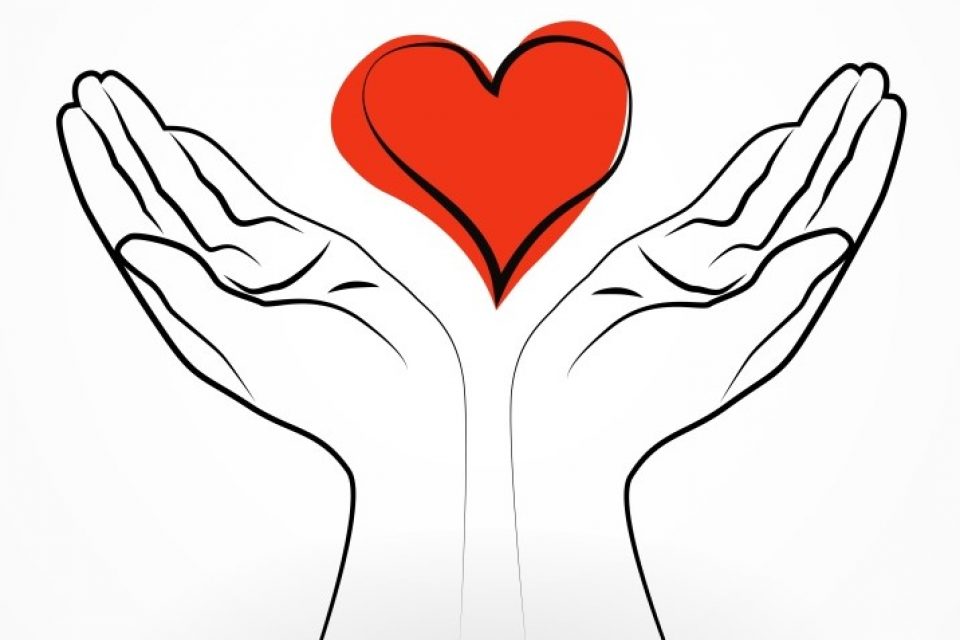When did you last disconnect from tech and your everyday life, with its associated pressures and demands? When did you last reconnect with nature and yourself? This might be a walk in nature; breathing; meditation. Or just spending some time alone or in companionable silence with a friend or partner. In this blog post, I want to talk about gratitude journaling, and the impact it can have on your wellbeing.
What is gratitude journaling?
Gratitude journaling is something I’ve been experimenting with recently. This is the practice of writing down things you’re grateful for on a daily basis. The idea is that it takes you out of self, and reminds you of the things to be grateful for. I think very often we become introspective and consumed with our thoughts. And gratitude journaling can take you out of that mindset. There’s scientific research that shows journaling can have significant benefits on health. Robert Emmons, Ph.D is a leading scientific researcher on gratitude. Below is a summary of his findings taken from his website.
Health benefits
- In an experimental comparison, those who kept gratitude journals on a weekly basis exercised more regularly, reported fewer physical symptoms, felt better about their lives as a whole, and were more optimistic about the upcoming week compared to those who recorded hassles or neutral life events (Emmons & McCullough, 2003).
- A related benefit was observed in the realm of personal goal attainment: Participants who kept gratitude lists were more likely to have made progress toward important personal goals (academic, interpersonal and health-based) over a two-month period compared to subjects in the other experimental conditions.
- A daily gratitude intervention (self-guided exercises) with young adults resulted in higher reported levels of the positive states of alertness, enthusiasm, determination, attentiveness and energy compared to a focus on hassles or a downward social comparison (ways in which participants thought they were better off than others). There was no difference in levels of unpleasant emotions reported in the three groups.
- Participants in the daily gratitude condition were more likely to report having helped someone with a personal problem or having offered emotional support to another, relative to the hassles or social comparison condition.
- In a sample of adults with neuromuscular disease, a 21-day gratitude intervention resulted in greater amounts of high energy positive moods, a greater sense of feeling connected to others, more optimistic ratings of one’s life, and better sleep duration and sleep quality, relative to a control group.
- Children who practice grateful thinking have more positive attitudes toward school and their families (Froh, Sefick, & Emmons, 2008).
A study in 2011 by Ed Diener in the Department of Psychology, University of Illinois found that happy people live longer – read it here.
How gratitude journaling has helped me
I started keeping a journal a few weeks ago. I’ll be honest: I was slightly sceptical at first. But I’ve spent a few minutes every night in bed making a note of three things I’m grateful for. Sometimes it was something as simple as sunlight, other times it was about a personal relationship. It’s very hard to measure exactly what difference it has made, but I do feel calmer. And I do think it has taken me out of self. I am incredibly privileged to be born at this time and in this part of the world. But sometimes (especially as a business owner), I can get caught up in the little things that make life the wonderful challenge it is. I do think the gratitude journaling has helped.
Meditation
I’ve also be doing a trial of Headspace for guided meditations, and I’m loving it. The first ten sessions (10 minutes each) are free, and should be manageable even for the most resistant of people. I have found I am calmer during the day, more laid back, and perhaps even a bit more reflective. Certainly, anyone who has any form or levels of anxiety should be meditating. Once you’ve become comfortable with it. You can do it pretty much anywhere at any time, and it’s a very effective tool for changing how you feel within minutes.
Mediation and breathing, which I have blogged about before, are very powerful ways of alternating your physiology, and can make a difference not only to your underlying stress levels but also to your blood pressure, heart rate and sleep quality. For more on the science, read this article by the Harvard Health Review published in January 2015.
What truly matters
I’ve had something of an epiphany recently, which has done a lot to change my thinking and how I choose to engage with life. My epiphany was this: I finally realised what my measure of a successful life is. It’s easy to get caught up in the trappings of modern life; the latest tech, property, opulence, cars, revenue, turnover, salary… Really, all of this can just mean you’re comfortable in misery. It isn’t any guarantee of health or happiness. What truly matters – in my opinion – is this: a successful life can be measured in the richness and variety of one’s personal relationships. Nothing else really matters. It’s about love and connection.
The Cadence Wellbeing Scorecard
The Cadence Wellbeing Scorecard is a tool that helps you assess and track your progress in achieving work-life balance, managing energy and improving overall wellbeing. Take the scorecard and receive a free, personalised report with actionable insights you can take into your daily life to optimise your health and wellbeing.
Leanne Spencer is an award-winning entrepreneur, Six Signals® Coach, double-bestselling author and TEDx Speaker. She is also the co-founder of Bodyshot Performance, and regularly speaks to audiences all over the UK on topics around fitness, health, wellbeing, burnout and corporate resilience.
Connect with Leanne on Facebook or Insta, or visit leannespencer.co.uk for more information about her wellbeing keynotes.


